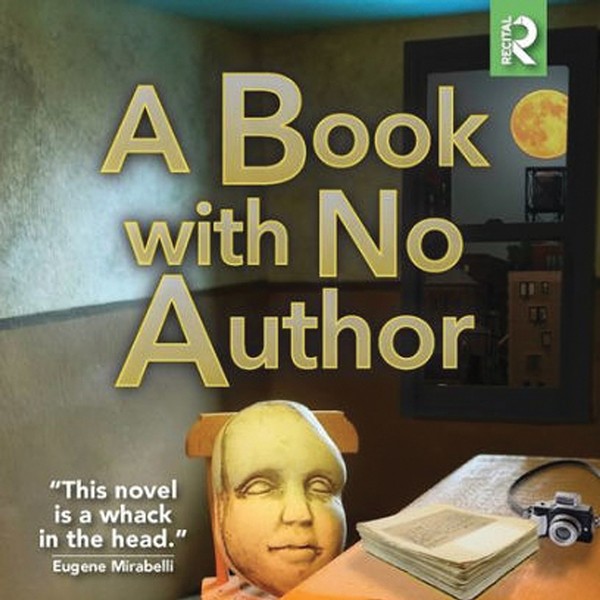Comic book fans have an almost autistic command of minutiae. And they’re geeks. On your first book tour, were you verbally accosted by comic book fans that took issue with facts or opinions or the way you –
Yes! Well, yes and no. One – and I find this really disturbing – a lot of comic book fans come to hear me talk and don’t read the book. They feel like they don’t need to, because they’re such authorities that there’s nothing left for them to learn. So they come, wanting to pontificate, without any interest in reading what I’ve been trying to do, which is a little offensive. But now I sound like I’m knocking comic book fans. But then I had this awkward moment where I have a reading and someone asked me about Spiderman. What do you think about the translation of Spiderman to the big screen? And I said, To this day, I’ve never read a Spiderman comic. And there was this gasp. It was as if I had said, I’m from the planet Neptune. Or I’m Satan. I have a son who was 24 at the time, and he came up to me afterward and was shaking his head. And he said, Dad, you really blew it with that Spiderman question. And I said, Well, I don’t read Spiderman. And he said, Dad, Who was Superman’s double in the bottled city of Kandor? I said, Van-Zee, but there was a different double for Clark Kent. That was Val-don; there were two different doubles. So he said Dad, all you had to do was say: I don’t read Spiderman, I’m a DC guy. And then everybody would have understood.
You’ve said in interviews that for all his excesses in condemning comic books and their creators, Fredric Wertham had a measure of right on his side? Could you elaborate?
I absolutely refuse to be one additional person who makes Fredric Wertham the Lex Luthor of the comics [history]. I wouldn’t quite say he had right on his side. But I don’t think he was a person with malign intent. I think he did a terrible thing; he was not a sociologist, he was not a social scientist, he was a psychiatrist. He had a wrong methodology; he was not equipped methodically to make the kinds of conclusions he claimed to make. They were utterly dubious.
That’s the kind of ammunition that zealots always need; somebody who is a pseudo-scientist –
He wasn’t a pseudo-scientist; he was a scientist of the wrong kind. It’s like an astronomer talking about astrology. He was giving psychiatric treatment to a group of individuals, many of whom were troubled, and who read comic books. That is not reliable evidence to make the kind of sociological conclusions that he made. He didn’t have any control groups; he didn’t have a legitimate methodology. Also, he was an attention-grabber and much too sweeping in his criticisms of comics. He painted all comics as crime comics, no matter what they were; he brushed the tar much too broadly. He didn’t even consider that comics might have been an expression of the inner workings of their makers. He never gave that notion and credence in print. He did some terrible harm. That is not to say that he’s an evil guy. One of the reasons I resist making Wertham the big bad guy is that he was just on figure in a vast campaign against comics that mobilized the whole country. He didn’t even think about comics or write a word about them until 1948. That might seem kind of late because we have received conception of the comic books controversy; we think of it as a 50s thing. It was not; it ended in the ‘50s. But by ’48, it was well underway. The first major salvo of this war was 1940 – [children’s book writer and anti-comic crusader] Sterling North. Read what Sterling North wrote. All Wertham ever did was echo Sterling North. Then the church took up the fight; and there was another crusader by the name of Robert E. Southardt. But kids are burning comic books by November 1945. By 1948, there are 50 laws on the books against comics. Fredric Wertham doesn’t even come into the picture until then. By the early 50s, there’s one hundred laws on the books against comics, thousands of articles against comics. Fredric Wertham is just one guy. It’s a big mistake to reduce this whole thing to the workings of one misguided guy. That misrepresents the place that comics had in the culture and the place this debate had in the hearts and minds of America. The whole country was up in arms over this, and not just because of one guy.
















